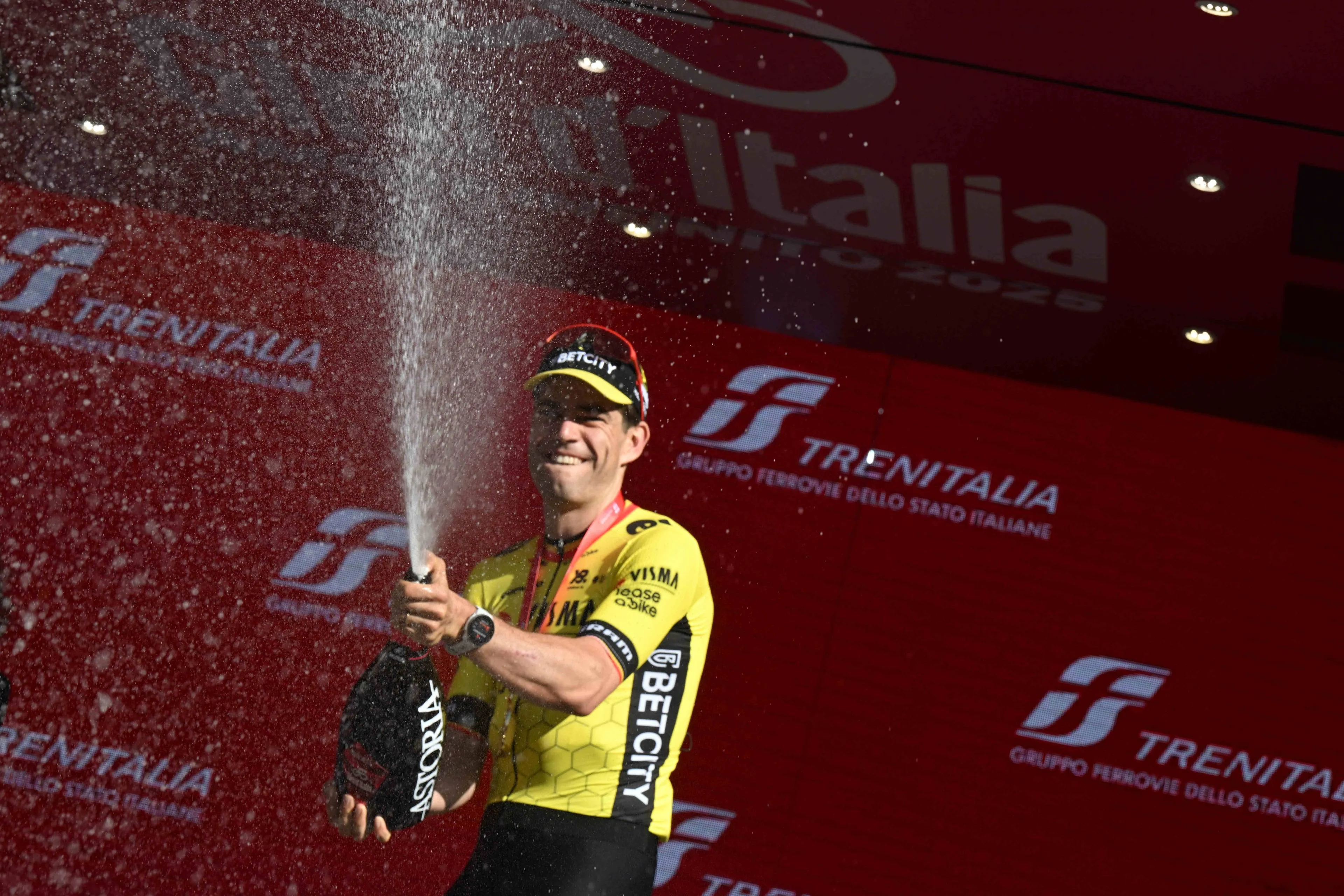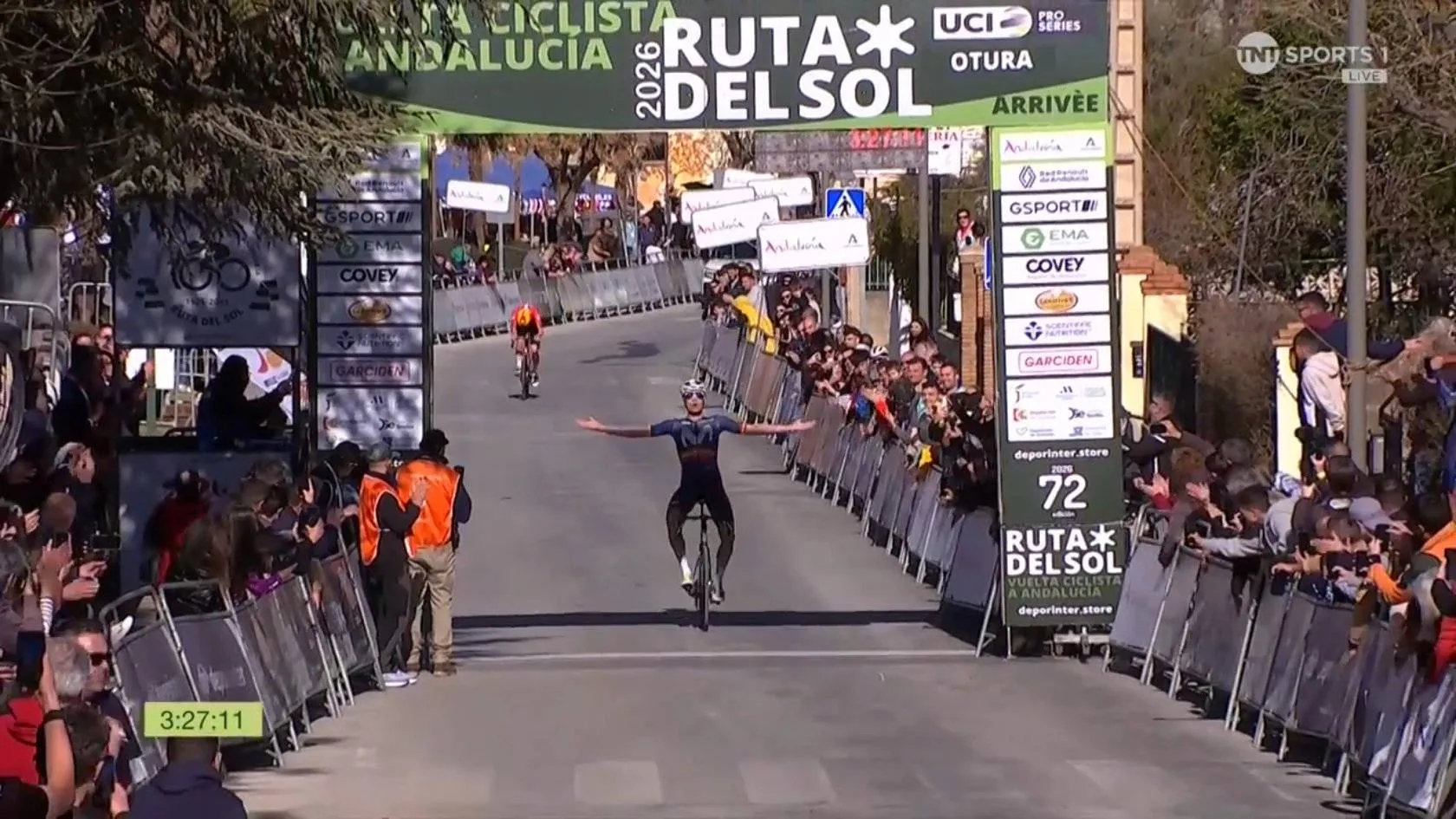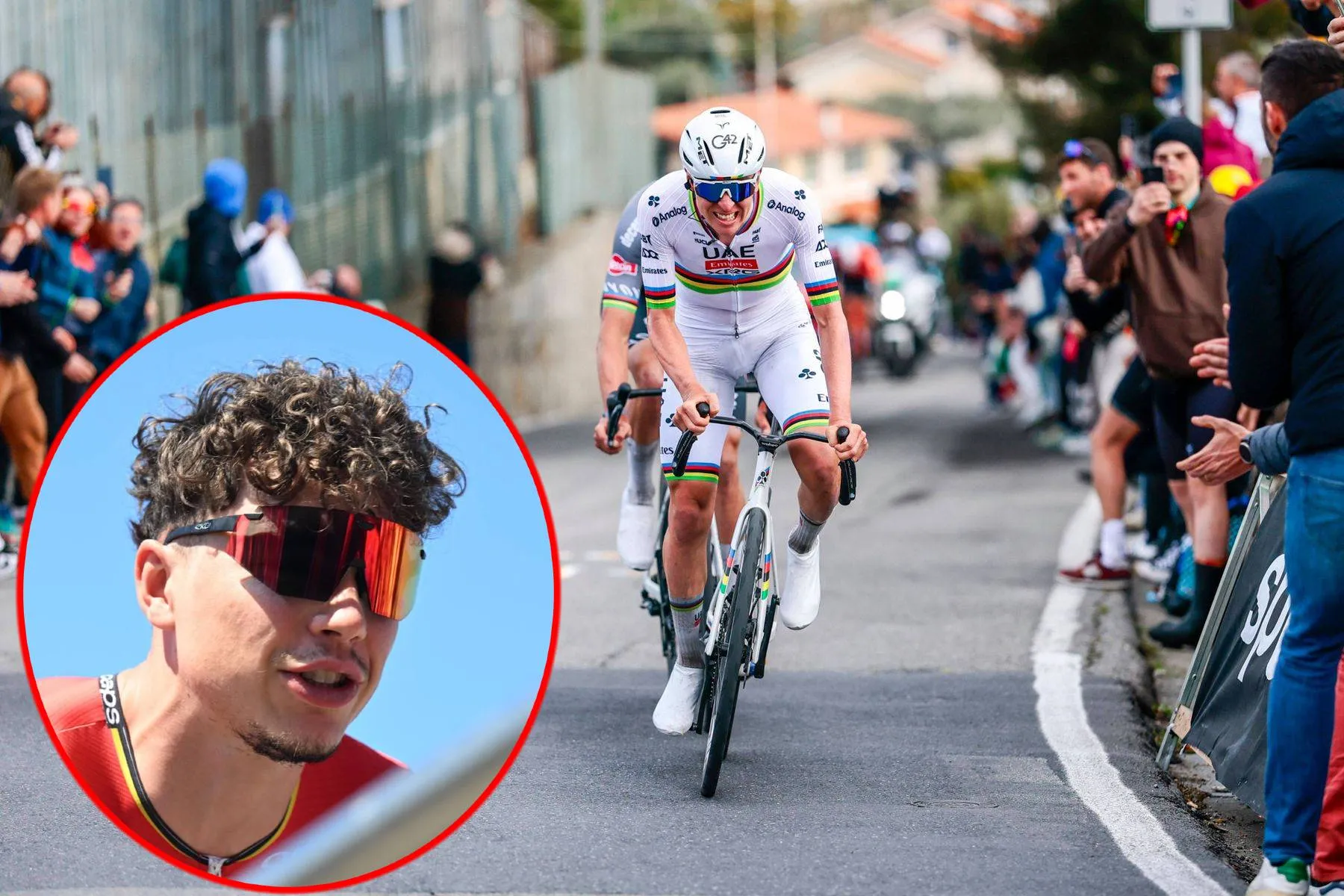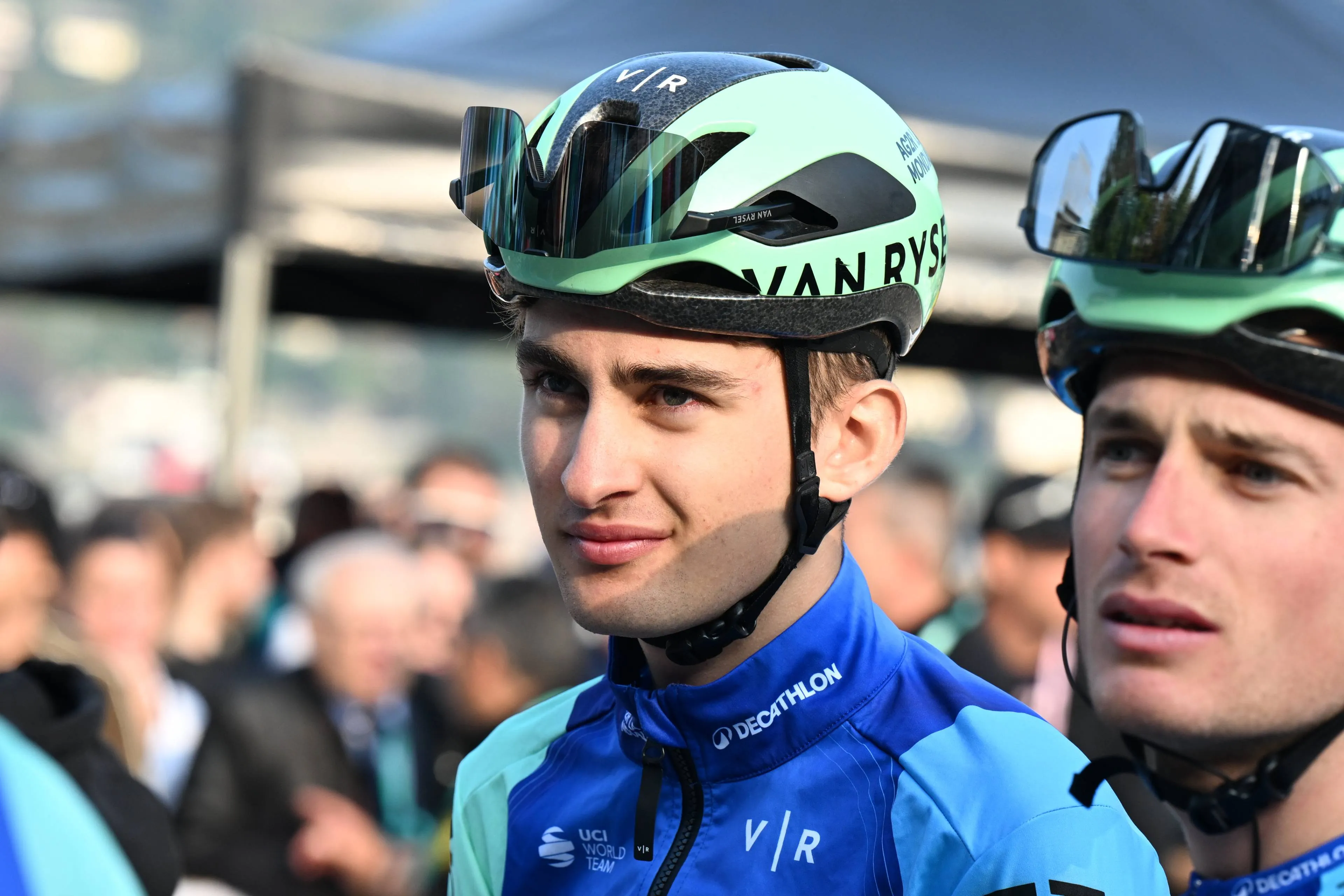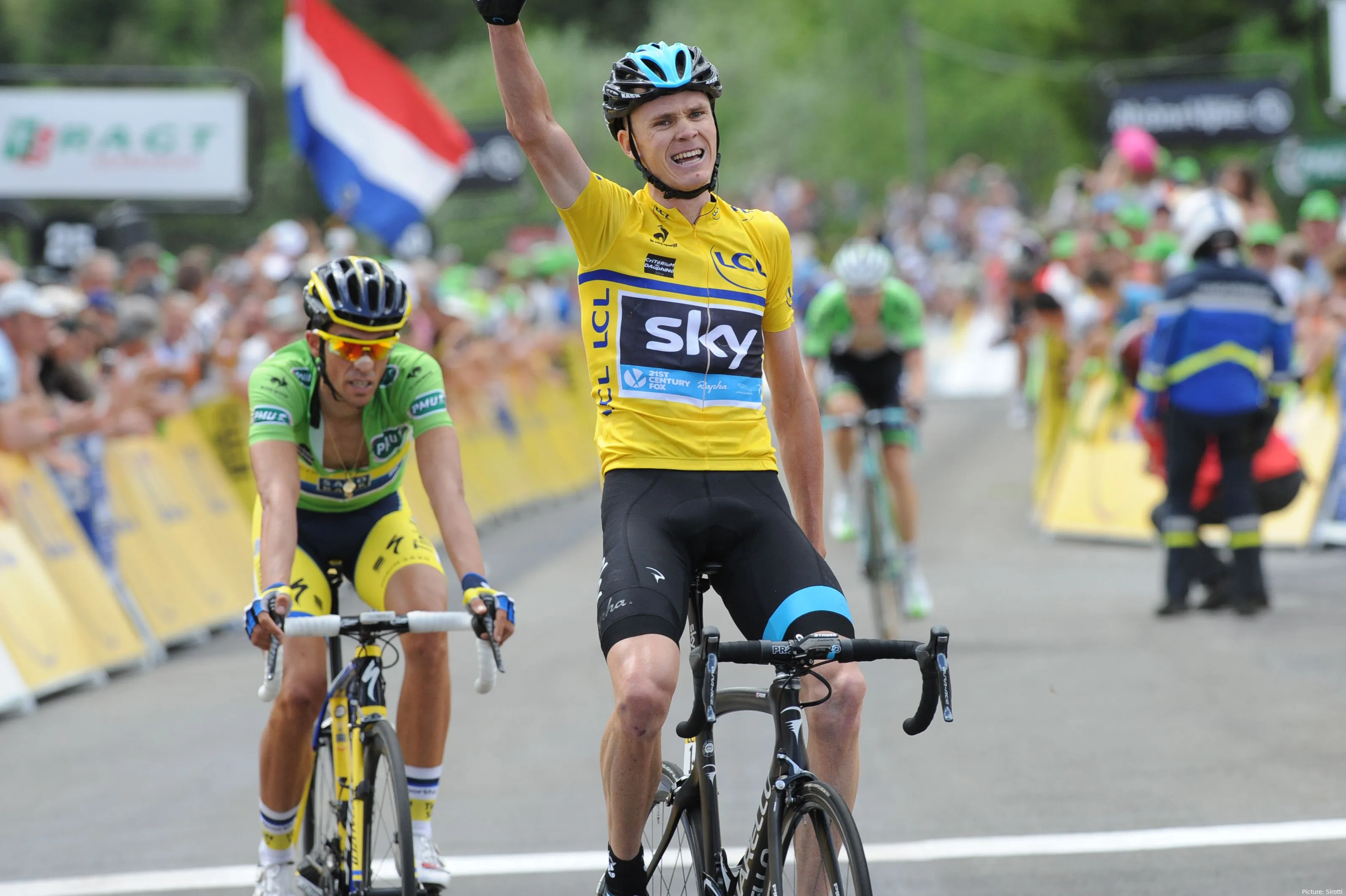
Today, May 20th 2025, Chris Froome has turned 40! A
four-time Tour de France champion, winner of the Vuelta a España and the Giro
d’Italia, Froome's name once defined an era of stage racing. But as time rolls
on and his presence in the peloton has faded, it’s all too easy to forget just
how formidable he once was, and how much he overcame in his pursuit of
greatness.
Froome’s palmarès is staggering. With 46 professional
victories, including seven Grand Tour titles, he sits among the most successful
riders in the sport’s modern history, and he was the dominant force before Mr
Pogacar came along.
Read also
He ruled the Tour de France from 2013 to 2017, winning four
editions with control, searing climbing ability, and an unmatched capacity to
eek out time at every possible opportunity. In 2017, he added a long-sought
Vuelta a España to his haul, completing the rare Tour–Vuelta double (although
he was eventually awarded an earlier title too).
But it was the 2018 Giro d’Italia, the final Grand Tour he
would win, that truly turned Froome into a legend.
That Giro was already slipping away from him when, on Stage
19, he launched one of the most audacious solo attacks in cycling history. With
over 80 kilometres to go, Froome tore away from the Maglia Rosa group on the
Colle delle Finestre, riding alone across three climbs to not only win the
stage but seize the pink jersey.
Read also
We will never forget that stage, and Simon Yates certainly
won’t either. It was a long range solo attack that even Tadej Pogacar would be
proud of!
Yet the years that followed were cruel. In June 2019, just
as Froome prepared to chase a fifth Tour de France title, he crashed at high
speed during reconnaissance for the Critérium du Dauphiné time trial. The
injuries were extensive: a fractured femur, elbow, ribs, and a collapsed lung.
The crash was not just career-threatening, it was nearly life-ending. Froome
later described being unable to walk unassisted for months. The comeback was
long and uncertain, and in truth he has never been the same since.
While he did return to the peloton in 2020, Froome was never
the same. His high-profile move to Israel Start-Up Nation (now Israel–Premier
Tech) in 2021 was framed as a fresh chapter, a team built around him for a
final Tour push. In reality, it has been a disastrous move that has soured the
legacy of Froome, who has struggled to keep pace in even mid-level stage races.
Read also
Critics pointed to his age, his injuries, and the lucrative
contract that failed to yield results. But what often gets lost in that
conversation is just how rare Froome’s achievements were, and somehow we seem
to have forgotten this.
It’s tempting to remember Froome’s final years and forget
the prime that preceded them. But that would be a mistake. His ability to win
three straight Grand Tours, Tour, Vuelta, and Giro, across the 2017–2018 span
was a feat unmatched in decades. His win at La Pierre-Saint-Martin in 2015, and
moments like running up Mont Ventoux without his bike, should be what we remember
as the real Chris Froome.
Happy birthday Froomey 👑
— Tour de France™ (@LeTour) May 20, 2025
Joyeux anniversaire à la légende, @chrisfroome, 4 fois vainqueur du Tour 🌟
🔜 #TDF2025 pic.twitter.com/wzf2hVlcNn
claps 1visitors 1
Just in
Popular news
Latest comments
- Yes, the guy is no fluke. Even if he fails to improve over the next 15 years he’ll do damage. That young blood is going to keep the establishment working hard.Mistermaumau19-02-2026
- This excuse is harmless, just quaint and amusing. The excuse I really disliked was when he accused a mechanic of improperly adjusting his saddle, endangering the mechanic's job: blaming others for your own limitations is a serious matter.
 maria2024202419-02-2026
maria2024202419-02-2026 - ok so this is impressive - I trashed this guy all winter, get a pro win before the anointing. against a quality field. And Onley and Riccitello look good too. fun to see young blood.mij19-02-2026
- Minor flaws.... thats like suggesting Genghis Khan was a bit aggressive with other countriesslappers6619-02-2026
- Then you carry on if that's what makes you happyslappers6619-02-2026
- Fabio cannot catch a break.mij19-02-2026
- OK, today is the "air conditioner"... yesterday was a cramp... on saturday a bee will sting him in his tongue... his tongue will swell up and mustafa gets no oxygen. Because of his swollen tongue, Remco won't be able to give us a new excuse. Remco and the spanish rat Ayuso should be on the same team. They both have a ton of excuses and both of them are liars. Ad acta.Mou-Cro-HR19-02-2026
- Florian Lipowitz is secretly happy
 Rafionain-Glas19-02-2026
Rafionain-Glas19-02-2026 - The crucial thing to remember is that Remco was broken by the pace of Gall and Tiberi, not Del Toro's. Remco's excessive antics are because he doesn't want anyone to think that he's 'genuinely' struggling. You can always say 'he got cramps' because 'his preparation didn't go to plan', but the thing is that there is a limit to the number of excuses and exceptions that there can be. Eventually everyone just accepts that he's reached his ceiling on the climbs.
 Rafionain-Glas19-02-2026
Rafionain-Glas19-02-2026 - Bahraini suspicious..Santiago19-02-2026
Loading
Write a comment

